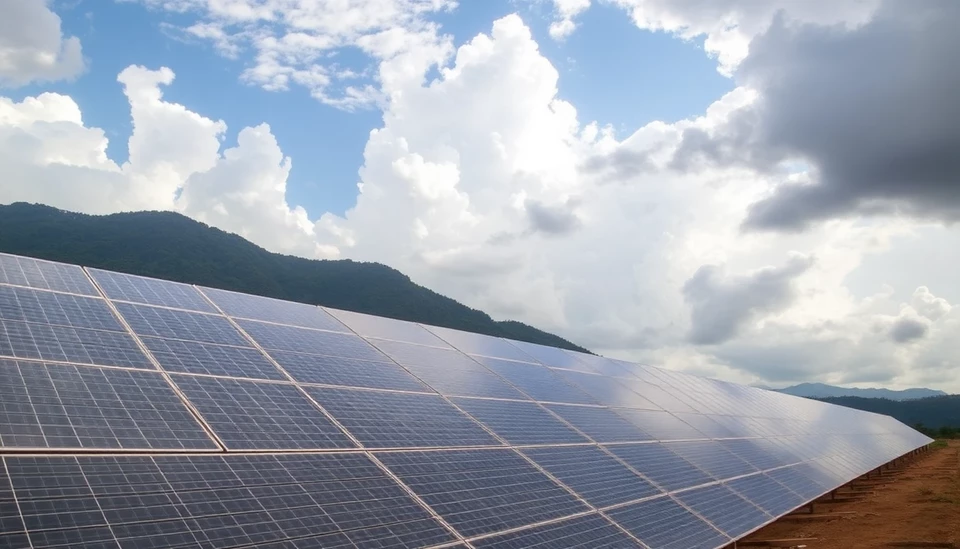
Malawi is embarking on a transformative journey to enhance its energy infrastructure by implementing its first energy storage project, a critical step aimed at fortifying its power grid against the challenges posed by climate change and extreme weather events, particularly cyclones. This strategic move is pivotal as the Southern African nation grapples with frequent cyclonic disturbances that disrupt energy supplies and threaten economic stability.
The initiative comes as part of a broader effort by the country to diversify its energy sources and improve resilience in the face of climate impact. The energy storage system is expected to store electricity generated from renewable sources during periods of low demand and release it when consumption spikes or during outages caused by natural disasters.
Currently, Malawi's electricity grid is heavily reliant on hydropower, which makes it particularly vulnerable to fluctuations in water levels brought on by changing weather patterns. The introduction of energy storage technology is anticipated to mitigate some of these vulnerabilities by creating a buffer that enhances reliability and predictability in energy provision.
Malawi's government, in collaboration with international partners, has set its sights on implementing the energy storage system in key areas that are most affected by cyclones. By strategically placing these systems, Malawi hopes to ensure that essential services remain uninterrupted even when adverse weather conditions are at their peak.
This move is not just about improving the immediate circumstances but is also a part of a long-term strategy to modernize the country’s energy sector. By integrating advanced energy storage solutions, Malawi aims to attract investment, boost economic growth, and create a more sustainable energy landscape. The government believes that these advancements will facilitate a more robust and resilient energy grid, ultimately benefiting all Malawians.
As the project unfolds, it is expected to draw interest from various stakeholders including private investors and energy technology firms, all looking to collaborate and contribute to Malawi's energy revolution. The financing structure and partnerships are still being finalized, but there is optimism about the potential for creating a more self-sufficient energy system.
With this initiative, Malawi not only seeks to protect its people from the immediate effects of cyclone-induced outages but also positions itself as a model for other nations facing similar climate-related challenges. The importance of sustainable and reliable energy is underscored in a world increasingly facing the consequences of climate change, making Malawi's efforts both timely and necessary.
As the situation develops, all eyes will be on Malawi to see how this groundbreaking project will unfold and what it will mean for the future of energy resilience in the region. If successful, it could pave the way for further innovations in energy storage across Africa, transforming how countries in cyclone-prone areas approach their energy needs.
#Malawi #EnergyStorage #ClimateChange #RenewableEnergy #Sustainability #CyclonePreparedness #EnergyResilience #PowerGrid #Innovation
Author: Megan Clarke


